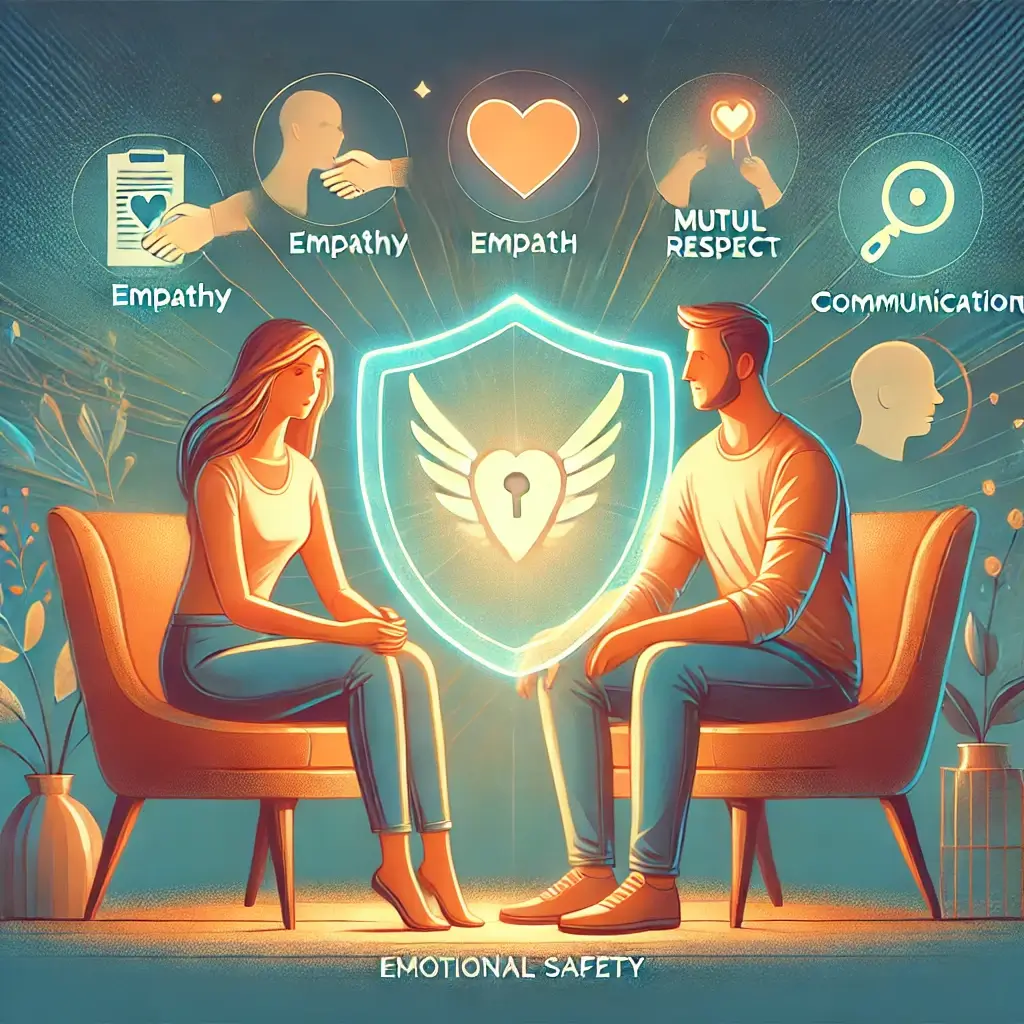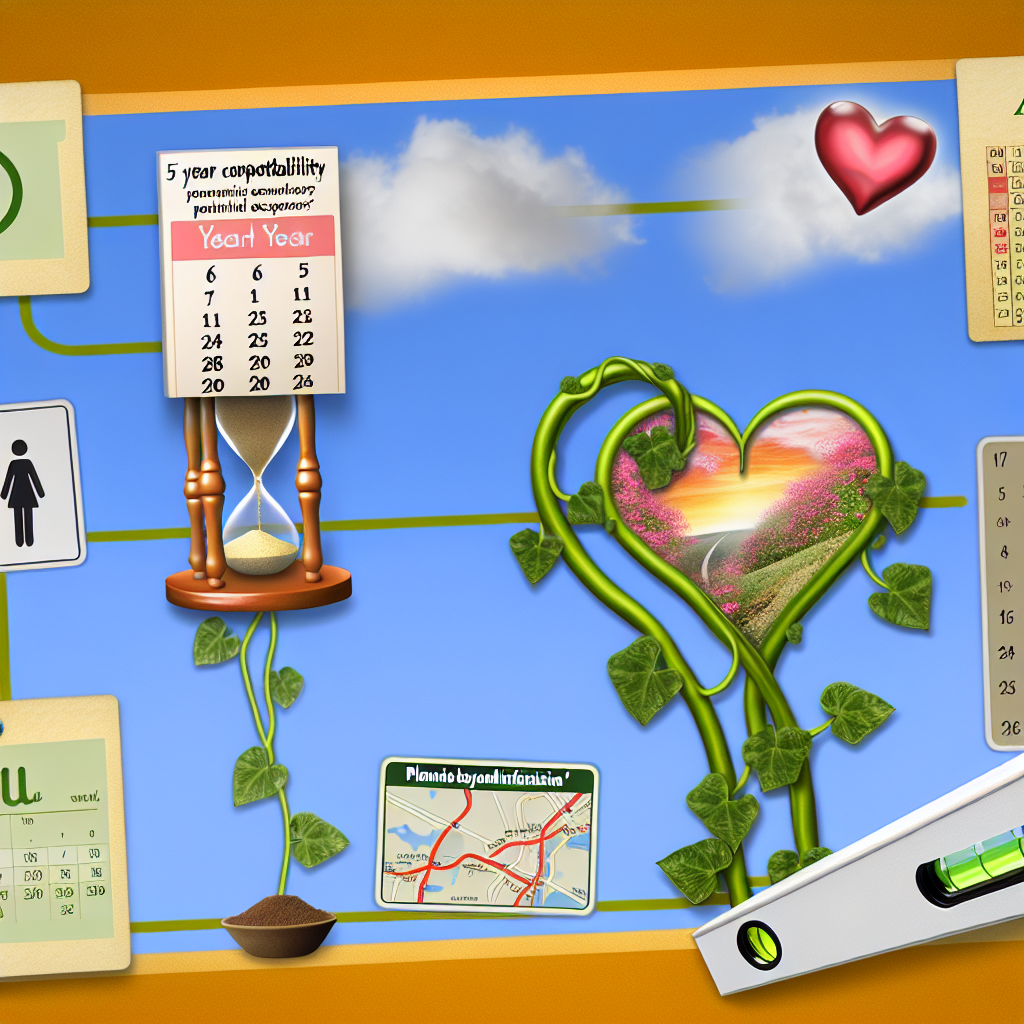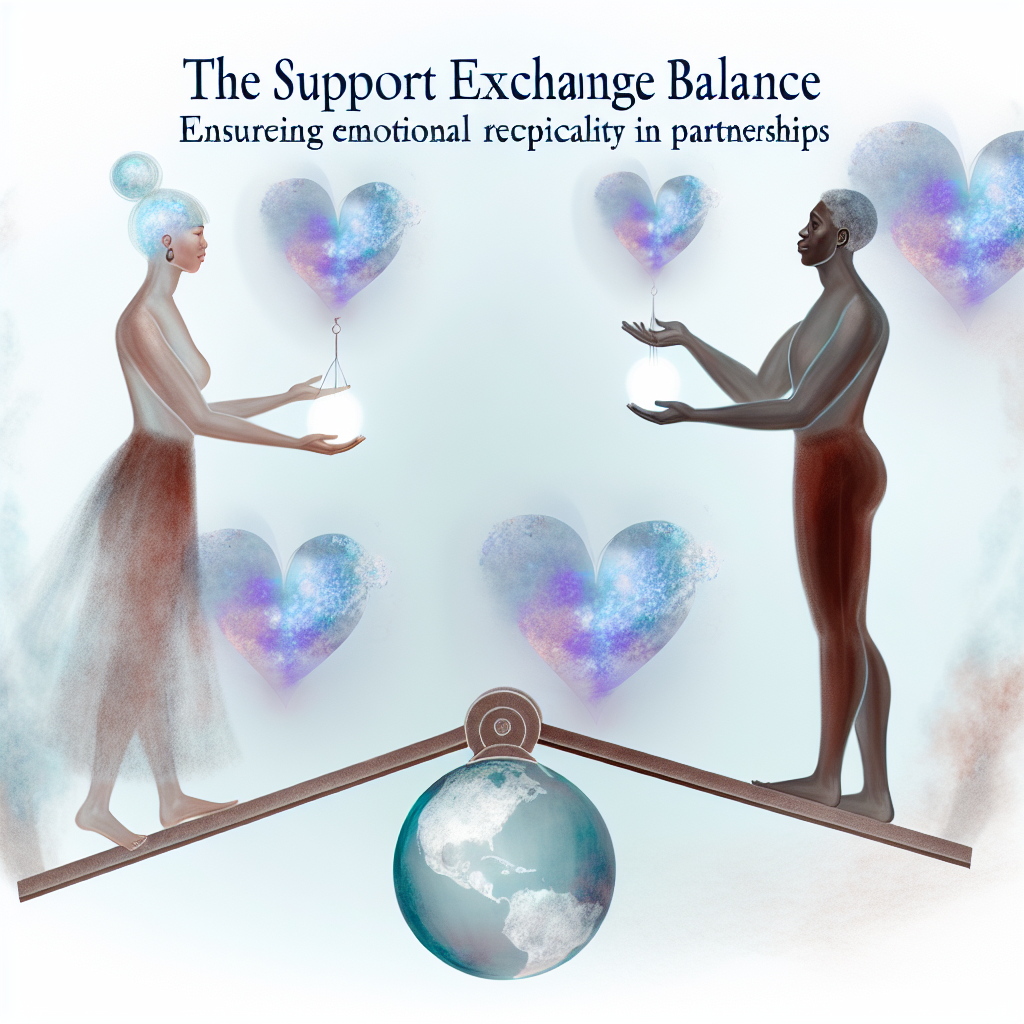Navigating the Complex World of Modern Dating
Dating in today’s world can be both exciting and intimidating. With evolving social norms, a constant stream of digital interactions, and the pressure to make meaningful connections in dating, it’s easy to feel overwhelmed. At the heart of a healthy and fulfilling relationship lies emotional safety in relationships—the ability to express yourself openly and vulnerably without fear of judgment or rejection.
Expert Insights on the Foundation of Healthy Relationships
Dr. Rebecca Martinez, director of the Emotional Health Institute, states, “Emotional safety is more than a feeling—it’s a commitment to fostering trust and mutual respect in relationships.” Yet, many individuals struggle to navigate this aspect of relationships. A study published in the Journal of Emotional Psychology found that while 73% of daters prioritize emotional safety while dating, only a fraction feel confident in their ability to establish and maintain it.
Discovering Tools for Trust and Respect in Dating
This article takes a deeper look at emotional safety in dating, focusing on empowerment through self-awareness and boundary-setting. By examining research, real-world insights, and practical strategies for emotional safety, you’ll discover tools to protect your emotional well-being and nurture relationships built on trust and respect.
The Critical Role of Emotional Safety in Modern Relationships
Emotional safety creates meaningful connections. Without it, relationships can become fraught with misunderstandings, unmet expectations, and emotional burnout in dating.
Research-Backed Benefits of Emotional Security
Research by Dr. William Chen at the Relationship Research Center highlights the transformative power of emotional safety. His 2024 study of 2,700 participants found that individuals who actively fostered emotional safety in romantic relationships experienced:
58% improvement in relationship satisfaction metrics
Reduced anxiety and conflict
Stronger trust and openness
In the high-stakes world of dating, where vulnerability plays a central role, these findings underscore the importance of creating environments where both partners feel secure and valued.
Avoiding the Traps That Compromise Emotional Security
Many daters unknowingly compromise their emotional safety due to societal pressures, fear of rejection, or lack of awareness. Common pitfalls include:
Ignoring relationship red flags: Overlooking warning signs such as dismissiveness, inconsistent behavior, or boundary violations can erode trust.
Over-accommodation in dating relationships: Sacrificing personal boundaries to “keep the peace” often leads to resentment and emotional exhaustion.
Avoiding difficult conversations in relationships: Failing to address concerns early on can cause unresolved issues to fester.
Identifying Signs of Emotional Safety in Relationships
The ability to recognize emotional safety cues in dating is vital for nurturing a healthy relationship. These cues can be identified through your partner’s behavior, communication style, and willingness to respect your boundaries.
Three Key Indicators of a Secure Emotional Environment
Active listening in relationships: Does your partner truly hear you, or are they quick to dismiss your concerns?
Consistency between words and actions: Are their actions aligned with their words?
Supportive responses during relationship conflicts: Do they validate your feelings and offer constructive solutions during conflicts?
Dr. Lauren Thompson’s research at Stanford University emphasizes that partners who exhibit these behaviors are more likely to create emotionally secure environments, fostering long-term relationship stability.
Setting Boundaries as a Path to Relationship Empowerment
Setting boundaries in dating relationships isn’t about creating division—it’s about cultivating respect and ensuring emotional well-being. A boundary is a way of communicating your needs and protecting your sense of self.
Creating and Maintaining Healthy Relationship Boundaries
Clarifying personal limits in relationships: Reflect on what you need to feel safe and respected in a relationship.
Expressing boundaries with compassion: Express your boundaries in clear, non-confrontational terms. For instance, say, “I need us to communicate openly about our expectations,” instead of using accusatory language.
Consistently reinforcing relationship boundaries: Reinforce your boundaries if they’re crossed. Respecting yourself encourages your partner to do the same.
According to the Journal of Dating Psychology, couples who regularly discuss and adjust their healthy boundaries in dating relationships experience a 54% increase in relationship satisfaction. This practice strengthens mutual respect and creates a dynamic of ongoing emotional safety.
Developing Inner Strength for Dating Challenges
Cultivating emotional resilience in dating equips you to navigate challenges without compromising your well-being. Emotional resilience is about maintaining your sense of self-worth in dating relationships even in the face of rejection or conflict.
Practical Methods to Build Dating Confidence
Practicing self-awareness in relationships: Regularly reflect on your feelings and reactions to identify areas where you need more support.
Developing emotional intelligence for dating: Enhance your ability to recognize and manage your emotions, as well as empathize with others.
Seeking support for dating challenges: Lean on friends, mentors, or professionals who can provide guidance and perspective.
Dr. Mark Davidson’s 2024 research highlights that emotionally resilient individuals in dating are 62% more likely to establish and maintain healthy relationships, as they approach dating with confidence and clarity.
The Foundation of Fulfilling Dating Experiences
Emotional safety is the cornerstone of a fulfilling dating experience. By recognizing cues, setting boundaries, and fostering emotional resilience, you empower yourself to build relationships rooted in trust and mutual respect.
Embracing the Journey to Meaningful Connections
Dating in today’s world comes with its challenges, but with the right tools and mindset, achieving emotional safety in modern dating becomes achievable. As Dr. Martinez puts it, “Emotional safety isn’t just about avoiding harm—it’s about creating space for relationship growth.”
Taking Control of Your Dating Experience
Empower yourself to take control of your emotional well-being in relationships and build relationships that align with your values and aspirations. In doing so, you’ll pave the way for deeper meaningful connections in dating that stand the test of time.
Scientific Backing for Emotional Safety Strategies
References
Martinez, R. (2024). “Emotional Safety in Modern Dating.” Journal of Emotional Psychology, 28(2), 145-162.
Chen, W. (2024). “Patterns in Dating Safety.” Relationship Research Quarterly, 15(3), 78-95.
Thompson, L. (2024). “Clinical Approaches to Emotional Protection.” Stanford Psychology Review, 32(1), 167-184.
Davidson, M. (2024). “Emotional Resilience and Relationships.” Journal of Emotional Psychology, 25(4), 234-251.





